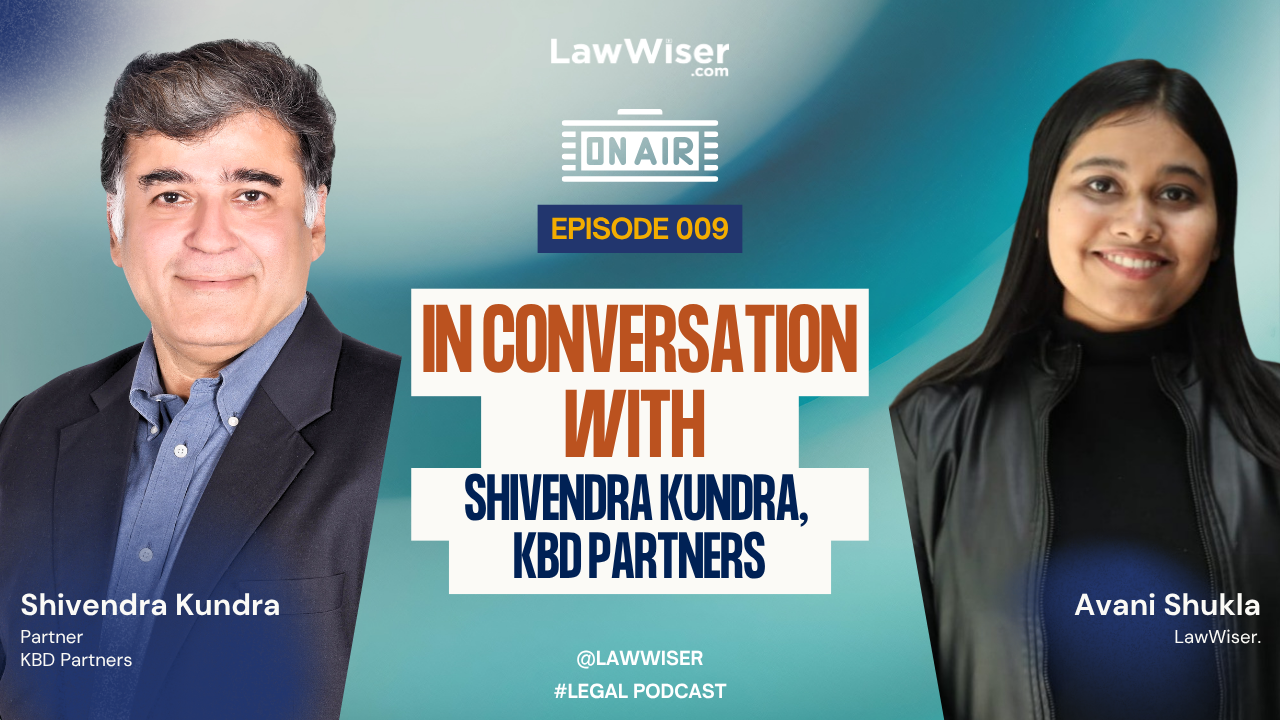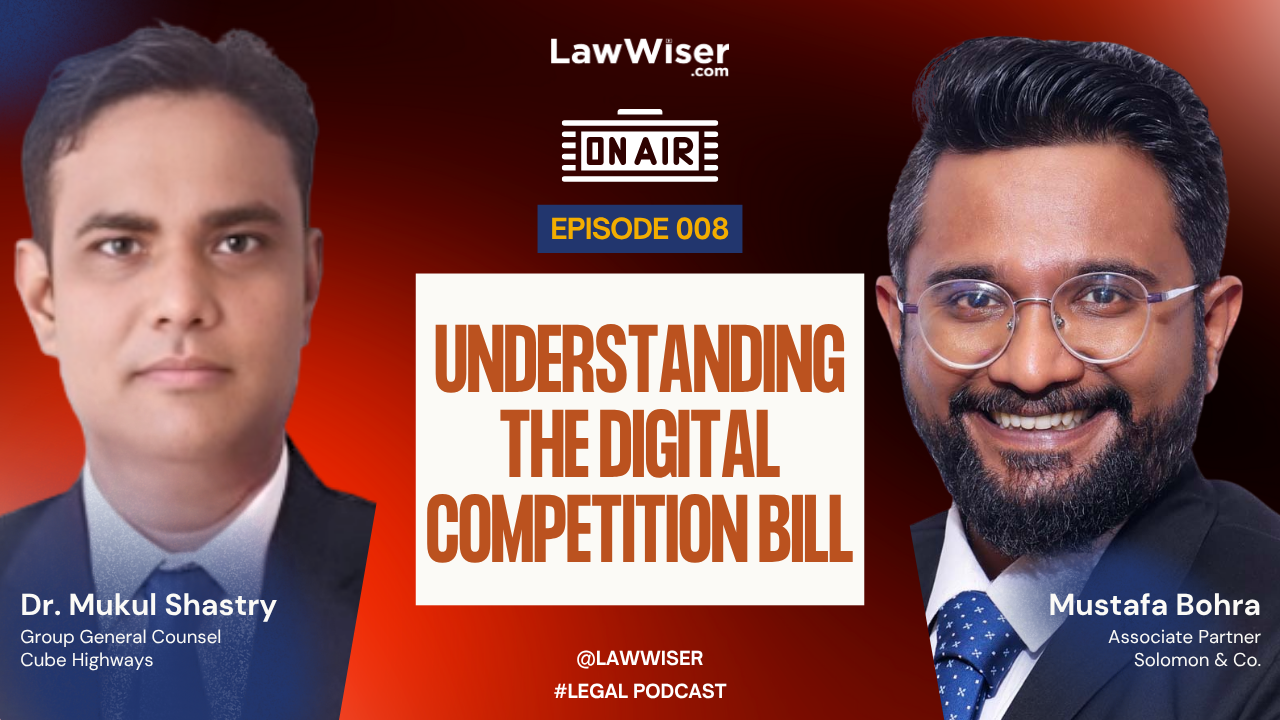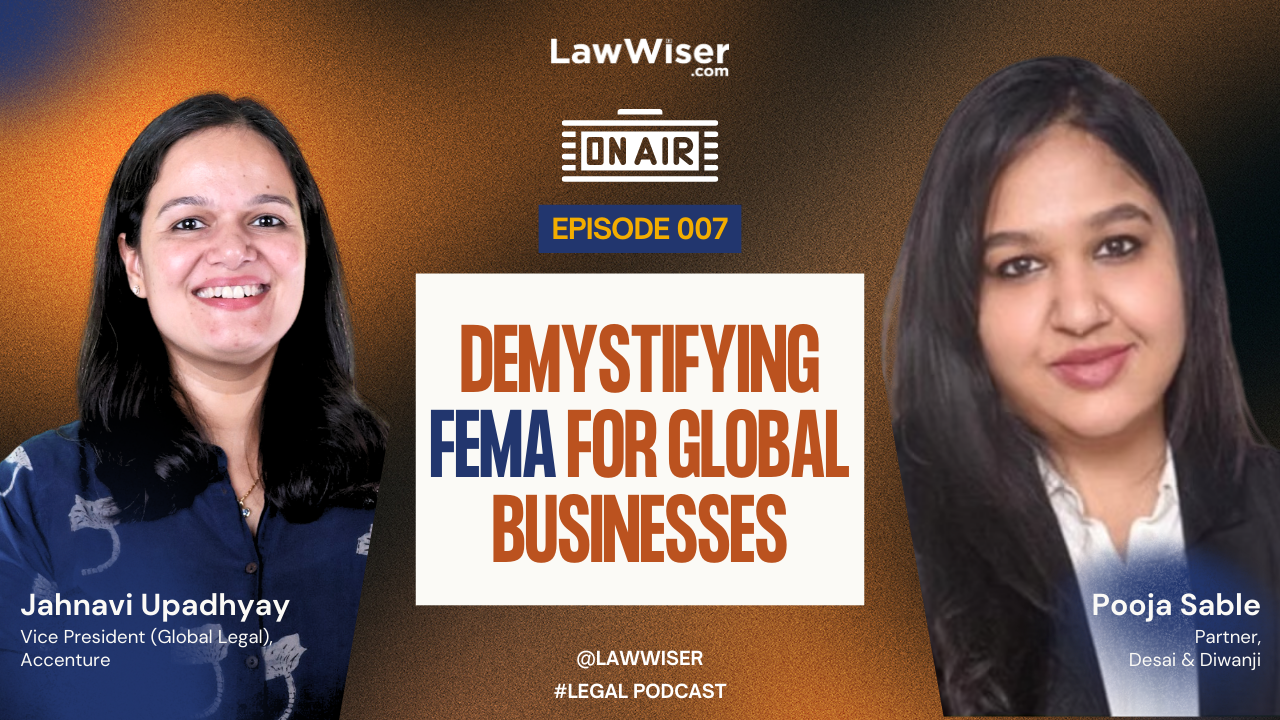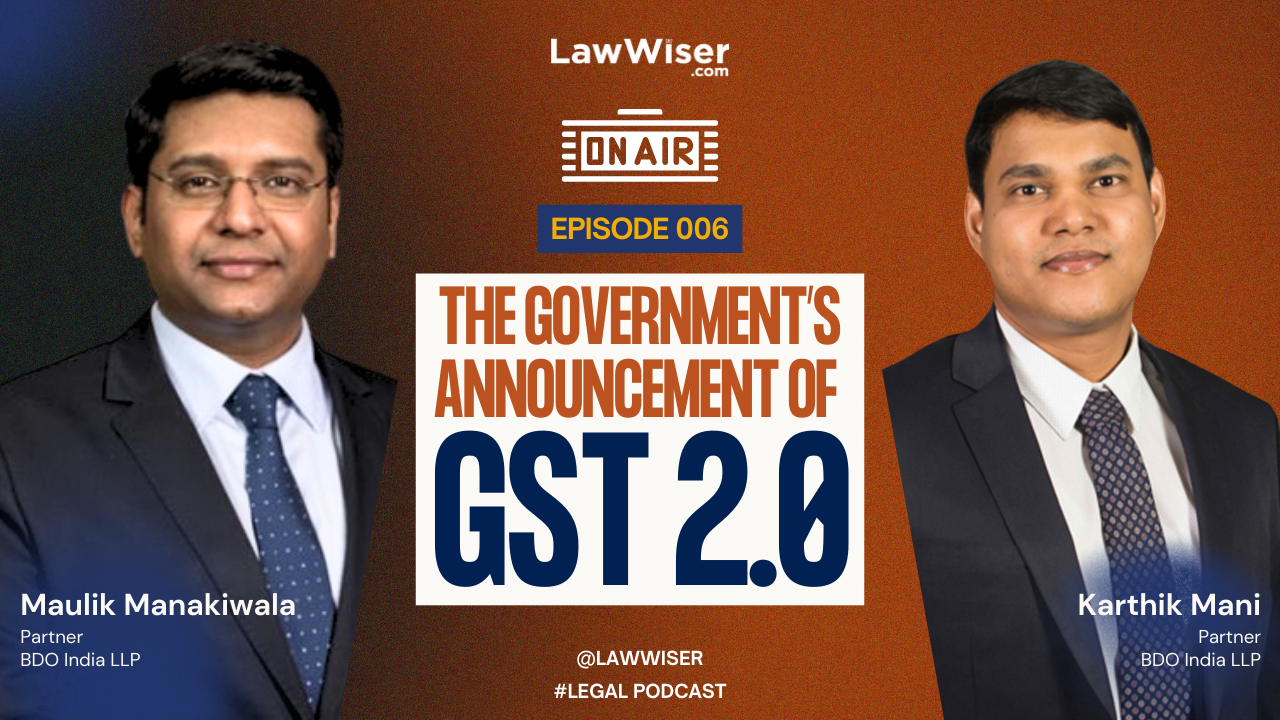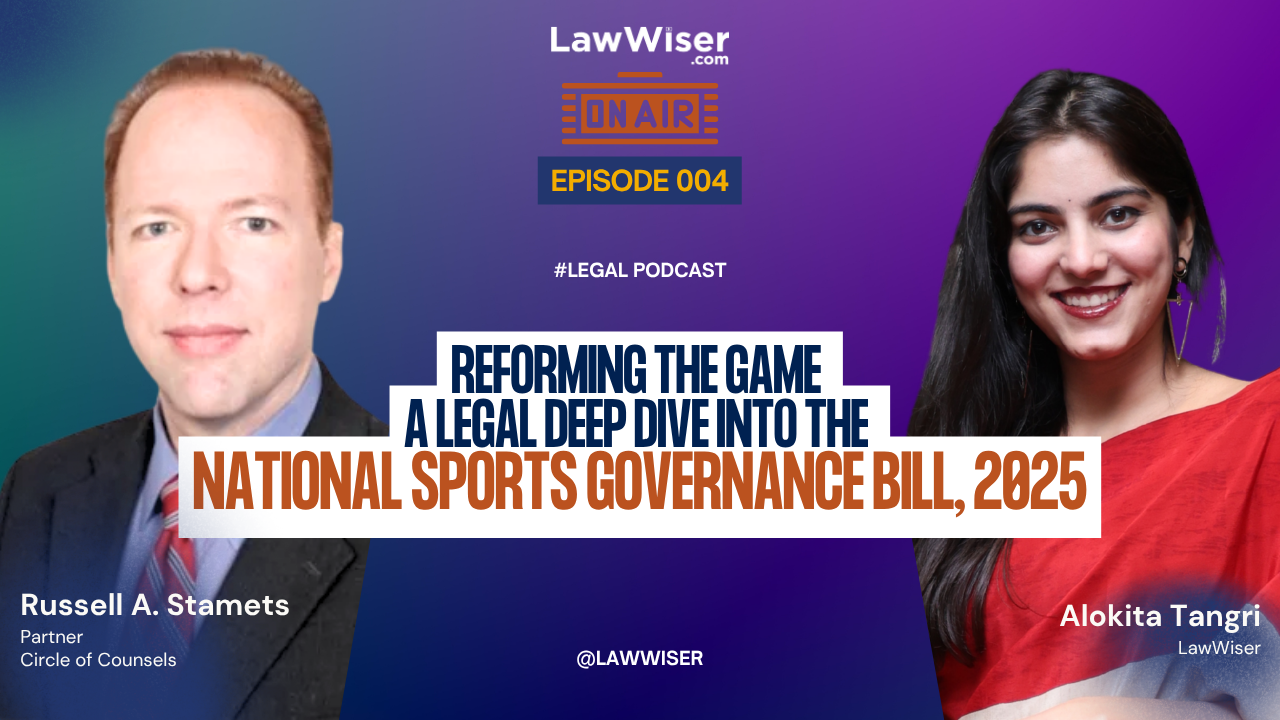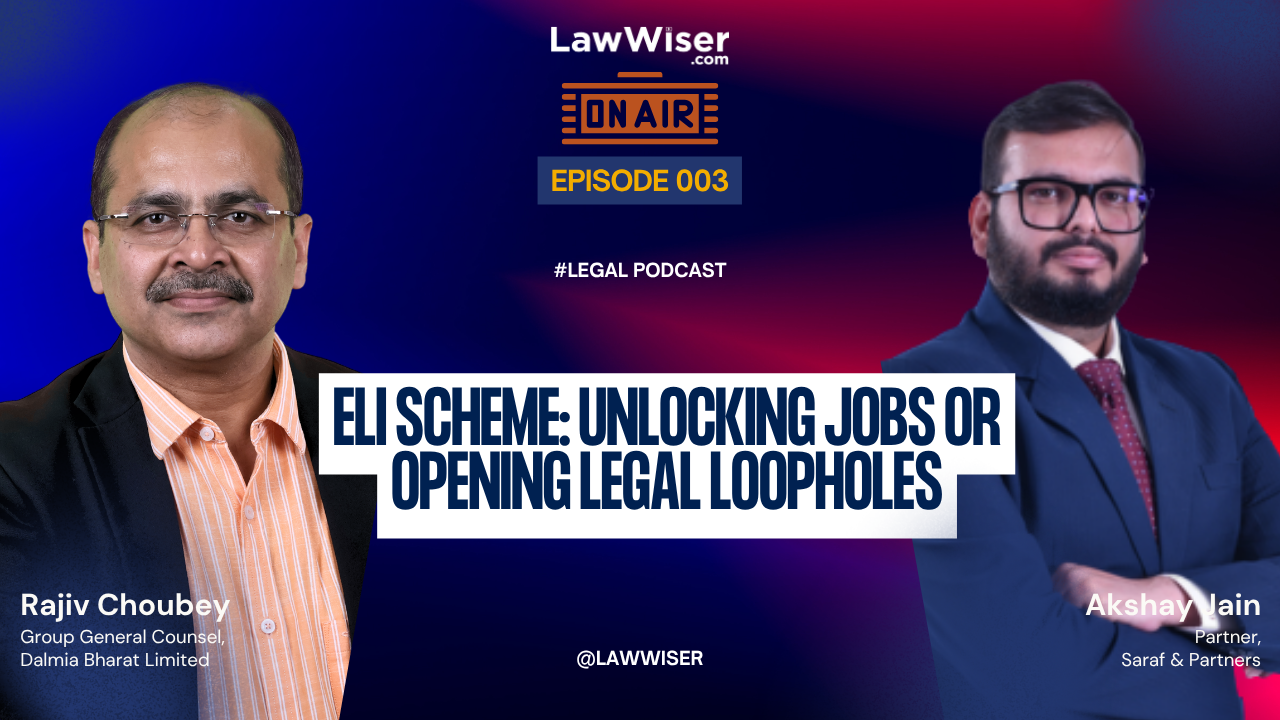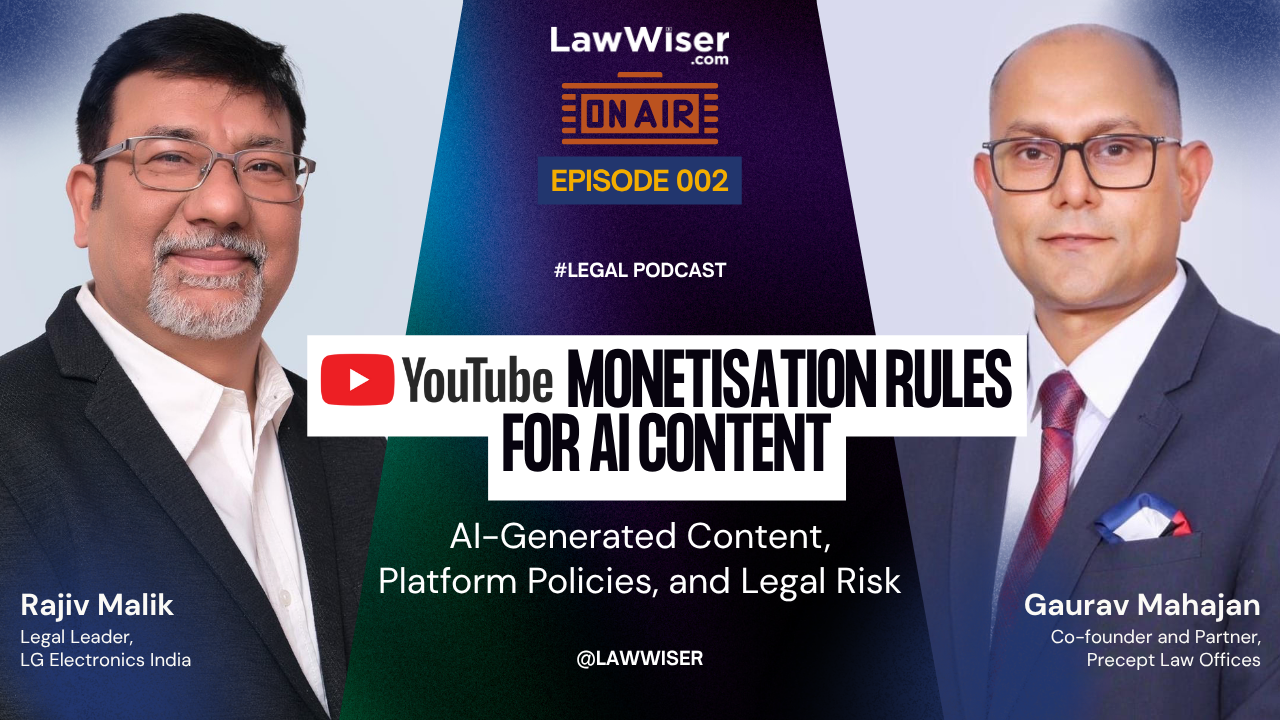Maintenance for Women After Divorce: Key Supreme Court Decisions & Indian Laws Explained
In this video we talk about the important issue of maintenance for women after divorce under Indian personal laws. Recent Supreme Court decisions have clarified a lot, so let’s break it down.
Maintenance is financial support that a husband must provide to his wife during and after marriage. It helps ensure that a woman can take care of herself after a divorce. Indian laws cover maintenance through different personal laws and the Code of Criminal Procedure (CrPC).
Recently, the Supreme Court decided that Muslim women can ask for maintenance under both Section 125 of the CrPC and the Muslim Women (Protection of Rights on Divorce) Act, 1986. This means that Muslim women, like all other women, can use Section 125 to get maintenance from their husbands.
Back in 1985, the Supreme Court said that Section 125 of the CrPC applies to everyone, regardless of religion. But in 1986, the government limited maintenance for divorced Muslim women to the iddat period, which is a waiting period after divorce.
Now, the court has said that Muslim women can choose to seek maintenance under either the CrPC or the 1986 law, or both. Even if a husband has followed the 1986 law or personal customs, a divorced Muslim woman can still use Section 125 if she can’t support herself.
The court also talked about the Muslim Women (Protection of Rights on Marriage) Act, 2019, which bans triple talaq (instant divorce). Under this law, a woman given triple talaq can get subsistence allowance. She can also seek help under Section 125 of the CrPC.
Maintenance isn’t just for divorced wives. It can also be for dependent children, unmarried daughters, minor sons, and even husbands if they can’t work due to illness or injury.
For Hindus, the Hindu Marriage Act, 1955, and the Hindu Adoption and Maintenance Act, 1956, cover maintenance. These laws say that a wife can get maintenance during court proceedings or if she lives separately for valid reasons like desertion or cruelty.
Muslim personal laws like the Dissolution of Muslim Marriages Act, 1939, and the Muslim Women (Protection of Rights on Divorce) Act, 1986, also provide maintenance rights. These laws protect women who are neglected by their husbands or divorced.
Section 125 of the CrPC applies to everyone, no matter their religion. It offers a quick way to get maintenance without needing other legal proceedings. Courts have supported divorced Muslim women using Section 125, even after the 1986 Act was passed.
In summary, Indian laws ensure that women have several ways to claim maintenance after divorce, providing financial security and support.



